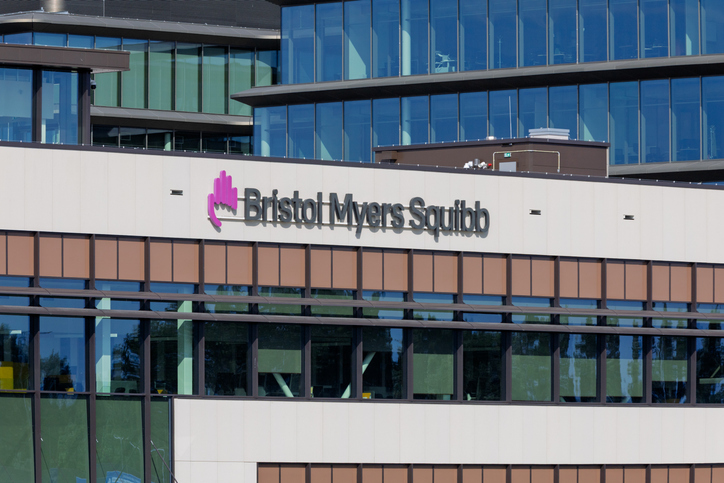Big pharma Bristol Myers Squibb (BMS) has agreed to acquire RNA biotech Orbital Therapeutics for $1.5 Billion.
BMS already owns two approved ex vivo, chimeric antigen receptor (CAR) T cell therapies, Breyanzi and Abecma, for treatment of blood cancers, but wants to expand its cell therapy pipeline.
The CAR T cell therapy field is advancing, and there is much interest in the potential of in vivo CAR T cell therapies, which involve treatments that prompt the patients’ bodies to produce modified T cells to fight their disease rather than the T cells being removed from the body, modified in a lab and reinserted, as with ex vivo therapies.
Orbital was founded in 2022 in Cambridge, Massachusetts, and has a focus on developing both circular and linear RNA therapeutics that can reprogram cells in vivo.
One of the key attractions of Orbital for BMS was that they are developing OTX-201, a pre-clinical, in vivo CAR T-cell therapy designed to reprogram cells that has the potential to treat B cell-driven autoimmune disease.
While OTX-201 is aimed at B cell driven autoimmune diseases like rheumatoid arthritis and lupus, Orbital’s platform could also be expanded to treat cancer in the future.
“In vivo CAR T represents a novel treatment approach that could redefine how we treat autoimmune diseases,” said Robert Plenge, MD, PhD, executive vice president, chief research officer, BMS, in a press statement.
“This acquisition enhances our robust cell therapy research platform and provides an opportunity to advance a potential best-in-class therapy designed to deplete autoreactive B cells and reset the immune system.”
Funding and asset development in this area have increased more than 10-fold since 2020, but the field is still in early development. If successful, in vivo CAR T-cell therapy would eliminate costly, laborious ex vivo manufacturing, and allow for scalable, off-the-shelf treatment and wider patient access.
However, there are still challenges that need to be overcome before these therapies can be approved like consistent product control, transduction variability, durability of response, and possible risks of immune overactivation.
BMS is not the only pharma investing in the in vivo CAR T space, as AbbVie, AstraZeneca and Gilead have all acquired biotechs in this space during the year and at least 70 in vivo CAR T cell therapy candidates are in early development.

